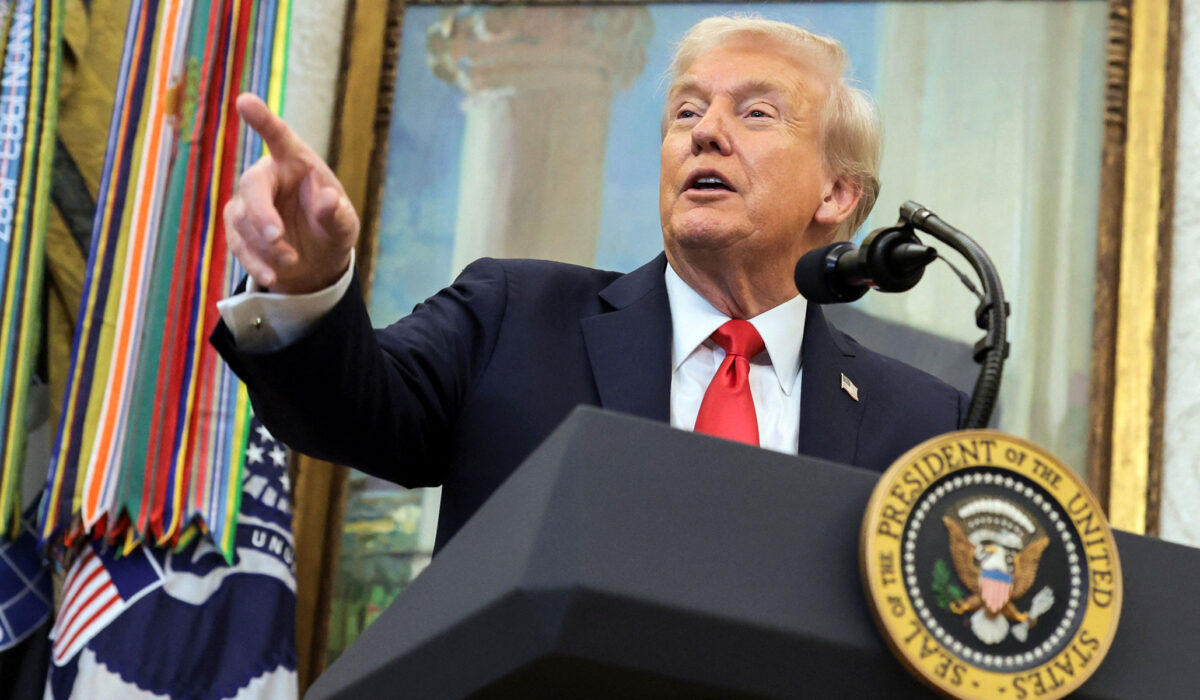Ethical Conflicts and the Case for Principled Action
An ethical conflict that can only be resolved by acting ethically.
When leaders face tough calls, the choices are rarely neat. You can ignore the hard part and chase convenience, or you can face the friction and choose integrity. In institutions that matter, the latter builds trust and the former corrodes it.
Practical ethics isn’t academic hair-splitting; it’s about real consequences for real people. Businesses, civic institutions, and public servants all rely on predictable, honest behavior. That predictability keeps markets stable and communities safe.
Accountability must be clear and enforceable to matter. Rules without enforcement are theater, and vague standards invite abuse. A system that rewards transparency and penalizes hidden misconduct reduces the temptation to cut corners.
Leadership shapes the tone faster than any policy memo can. When leaders model accountability, teams follow, even under pressure. Conversely, if leaders tolerate shortcuts, those shortcuts become the norm.
Cost-benefit analysis often misses moral cost because it tries to put everything on a spreadsheet. Reputation, social cohesion, and civic faith resist neat quantification but carry heavy weight. Short-term gain that sacrifices those elements rarely pays off in the long run.
Ethical action is not always the easiest path, but it is the safer long-term one. Organizations that pick the expedient route may win a moment, but they risk structural decay. Ethics provides a durable anchor when storms hit.
Clear standards reduce ambiguity for individuals at every level. When people have a simple rule set that aligns with the organization’s mission, they make fewer mistakes and feel less moral distress. Training matters, but culture matters more.
Whistleblowers and independent oversight are not enemies of the system; they are guardrails. Constructive challenge keeps institutions honest and prevents small problems from becoming systemic failures. Encouraging reporting and protecting reporters preserves the public trust.
Policy design should anticipate ethical temptations and close loopholes proactively. That means drafting incentives so doing the right thing is also the smart thing. It also means being honest about trade-offs instead of pretending they don’t exist.
Courage under pressure often looks like routine decency in retrospect. Ordinary acts—returning a conflict of interest form, disclosing a mistake, recusing oneself—add up to a culture that resists captured interests. Those small choices matter more than heroic apologies after a scandal.
Skepticism toward concentration of unchecked power is a conservative instinct grounded in history. Dispersed authority, clear oversight, and respect for rule of law all guard against abuse. Those principles make ethical outcomes more likely without surrendering effectiveness.
Finally, public institutions must be judged by results and standards, not by spin. Transparency and measurable accountability let citizens evaluate performance honestly. When standards are clear and enforcement is real, confidence returns and governance improves.

